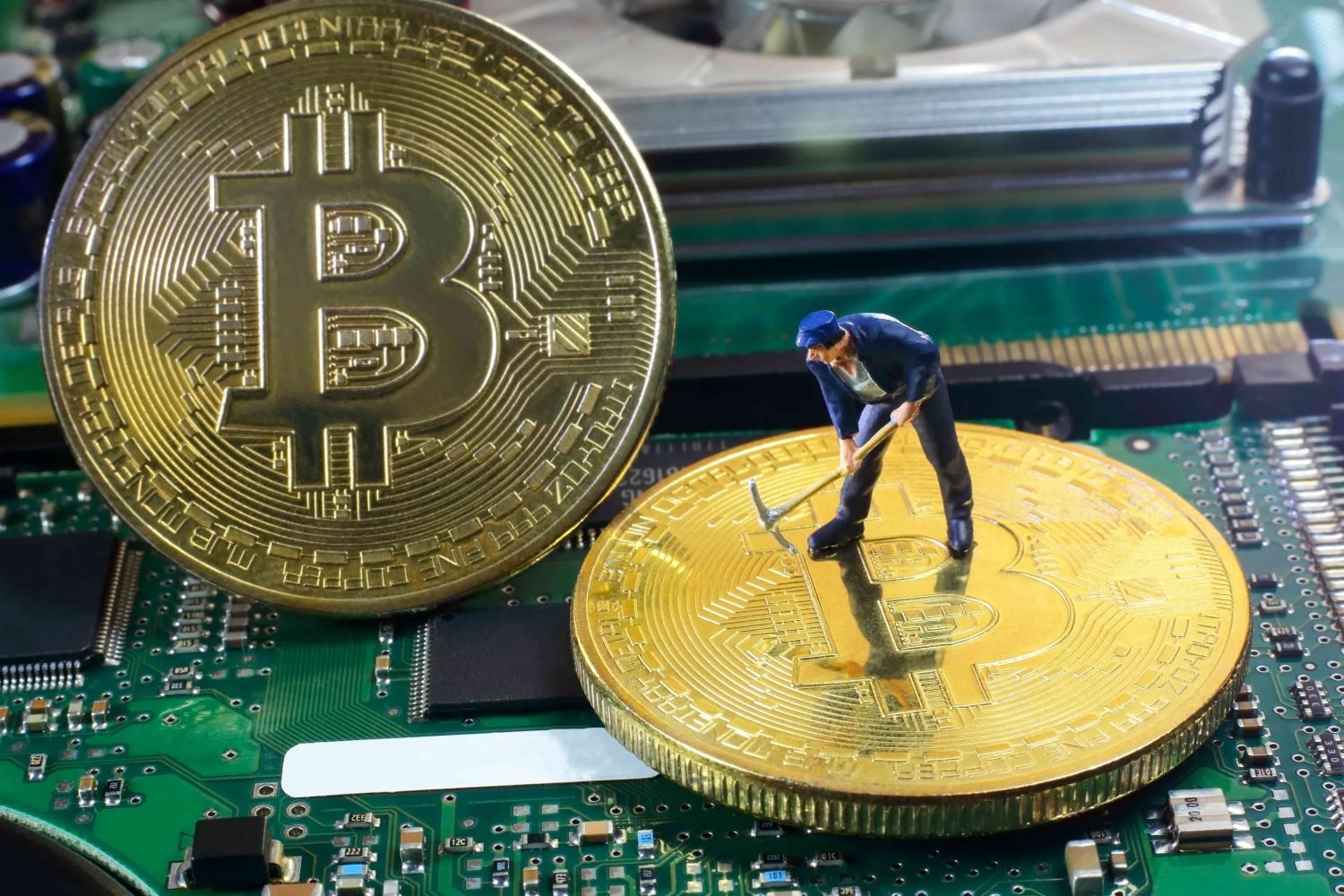Demand for Cryptocurrency and Price Gouging of Graphics Card

EghtesadOnline: The rise of cryptocurrency mining has created a weird global shortage of graphics processing units. The tsunami in demand has reached Iran with GPU prices jumping 100% over the past month.
At electronics stores one comes across half-empty shelves due largely to price gouging. If anything the Digikala website (the major local online retailer) is one indicator — most top-notch graphics cards are simply non-existent.
Local technology website Digiato contacted several online computer parts stores in Tehran to inquire about the price gouging. Speaking on condition of anonymity, one of the sellers says, “The culprits are the cryptocurrencies. Many major shops have sold out their inventories. The exponentially growing interest in the currencies like bitcoin and Ethereum has led to unprecedented demand for computer parts used for mining the currencies.”
Surfing the web you will encounter cryptocurrency mining guides in abundance in Persian, which also attests to the fact that cryptocurrency mania has reached Iran in full force. High-end graphics cards are one of the best ways to mine cryptocurrencies like Ethereum and bitcoin. Considering their prices, a powerful graphics card can generate several dollars per day in cryptocurrency, Financial Tribune reported.
Ethereum was sold for 60.08 to 62.98 million rials ($1,320 - $1,384) in Iran on Saturday, while bitcoin was traded for 620 to 670 million rials ($14,491 – $15,338).
The person adds that the increased foreign exchange rate has also affected the market. The rial/dollar exchange rate has shot up a solid 8.3% increase over the past month. The greenback changed hands at 45,600 rials in Tehran on Saturday, 3,700 rials higher than the price a month ago.
Currently, NVIDIA GeForce GTX 1060-6GB is sold for 35 million rials ($770) up 20 million rials ($440 or 130%) from the price in mid-December. The same graphics card is traded for $250 in the international market.
The price of some models has skyrocketed. The Matrox M9188 2GB graphics card is sold for 100 million rials ($2,220) in Tehran while Amazon offers the same device for $1,600.
The import tariff and the value-added tax on computer parts is between 12-15% in Iran.
Digaito reports that miners have become the major customers of GPUs. Contacting online shops, one of the common questions is how many graphics cards you want. This is while gamers and everyday computer users normally need only one graphics card while miners hunt of several GPUs.
Director of local computer parts store Lion Computer, Saeed Hosseini, says, “We are facing a computer parts shortage. The miners growing demand for GPUs have disrupted the market.”
He says the problem does not end with graphics cards as suppliers are facing unexpected demand for all computer parts including Power Supply Units (PSUs) and motherboards. “Prices of PSUs and motherboards have tripled over the past week.”
However, the head of Tandis Pardazesh, a Tehran-based cryptocurrency mining company, is of the opinion that avaricious dealers are abusing the huge demand as a pretext for jacking up prices. Jalal Khani says, “The increased demand for computer parts justifies the increase in prices to some extent. But prices are 60-70% higher compared to prices in the global market.”
Cryptocurrency Price Fluctuations
With news emerging that people in some countries could be barred from trading bitcoin, the cryptocurrency’s price tumbled over the past week.
The South Korean government has signaled that it plans to crack down on bitcoin, with the country’s Justice Minister Park Sang-ki saying that authorities are very concerned about digital currencies and are “preparing a bill to ban cryptocurrency trading through exchanges”.
Later, a spokesperson for the country’s presidential office took a softer tone saying the possibility of a ban on exchanges was only “one of the measures prepared by the justice ministry… but not a measure that has been finalized”.
Furthermore, German and French authorities say they are working on a joint proposal over regulating the cryptocurrencies to “reduce the risks” for investors. The proposal is to be discussed at a G20 meeting in March.
French Finance Minister Bruno Le Maire said, “We will have a joint Franco-German analysis of the risks linked to bitcoin and regulations. These will be submitted as a joint proposal to our counterparts at the G20 summit in Argentina in March.”
German and French authorities are not alone in their concerns. Almost all central banks around the globe are considering issuing their own digital currency, but most have cautioned investors over the unreliability of bitcoin and many other popular virtual currencies.
Local Regulations
Iran’s High Council of Cyberspace, one of the main entities deciding the fate of virtual currencies in Iran, has welcomed the idea of Bitcoin and other cryptocurrencies “if they are harnessed by clearly-stated regulations”.
HCC secretary Abolhassan Firouzabadi told ILNA in November 2017, “We [at the HCC] welcome Bitcoin, but we must have regulations for Bitcoin and any other digital currency. Studies are necessary to consider a new currency.”
Unlike HCC, the Central Bank of Iran is overly concerned about the growing global and local cryptocurrency mania. The governor Valiollah Seif says it “does not approve of bitcoin in any way. Though deals in virtual currencies have gained some ground, people must remain very cautious as there is much risk involved.”
He says that the central bank will soon announce its position on cryptocurrencies. In the meantime, Seif noted that in light of the high risk associated with cryptocurrencies, “there are safer options for investors and getting involved in such a gamble and irrational risk is not beneficial”.
Earlier in November 2017, Nasser Hakimi, the head of CBI’s Innovative Technologies Department said the regulator will issue a document by September which will introduce “a framework that should be adhered to for using cryptocurrencies” and also “determine whether the central bank or another entity will issue a national virtual currency.”


